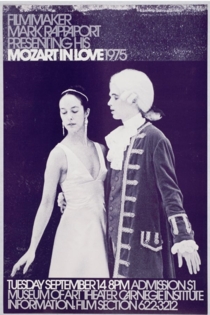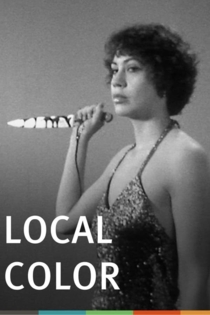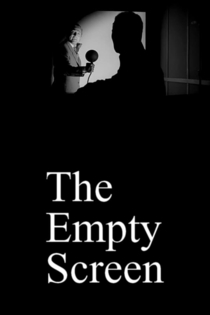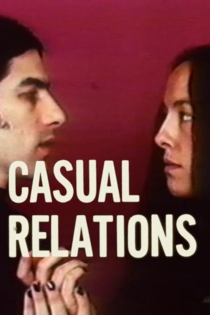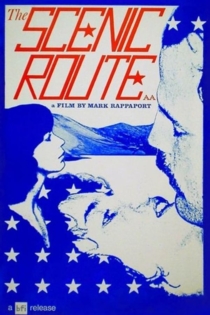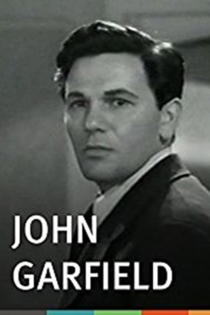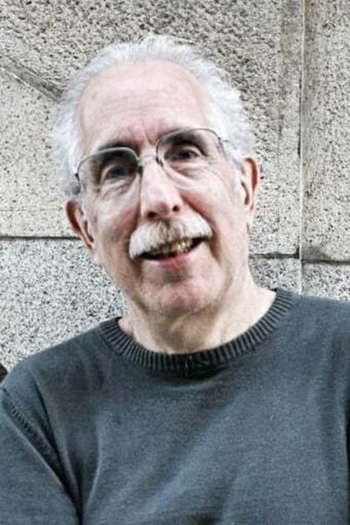
Mark Rappaport
2021L'Année dernière à Dachau
Mark Rappaport
Volker Schlöndorff, Christine Le Goff
Near Munich, in Bavaria, Germany, is the Schleißheim Palace, where French filmmaker Alain Resnais shot his film Last Year at Marienbad in 1960. Nearby is the Dachau concentration camp, where thousands of people were killed between 1933 and 1945. An essay about the present and the past, beauty and horror, life and death.
Last Year in Dachau

Debra Paget, For Example
Mark Rappaport
Caroline Simonds, Mark Rappaport
A video essay where the author presumes motivations and insights in a fictionalized biography regarding Debra Paget, a contract player for 20th-Century Fox whom they groomed and coached for stardom.
Debra Paget, For Example

The Double Life of Paul Henreid
Mark Rappaport
Paul Henreid, perhaps most famous for his roles in CASABLANCA and NOW, VOYAGER became a star at Warner Brothers during World War II, as the exotic lead with the European accent. After the war, his contract was cancelled and he was left to his own devices. He continued acting and also began producing and directing. In his choices, both as actor and director, his work evinces an increasing bitterness and cynicism. A personal statement? Or a result of the unceasing political shifts of the times?
The Double Life of Paul Henreid
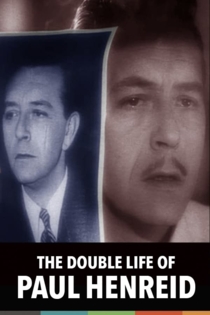
Anna/Nana/Nana/Anna
Mark Rappaport
A tribute to actresses, approaching their presence in and out the screen, humanizing the icons. From the Ukrainian Anna Sten to the French Anna Karina, we can see some close-up faces that marked the history of the cinema, and whose demand is more relevant than ever.
Anna/Nana/Nana/Anna
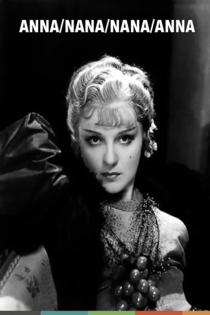
I, Dalio
Mark Rappaport
Marcel Dalio
The great French actor, Marcel Dalio, who has the lead role in Jean Renoir's THE RULES OF THE GAME, also appears in Renoir's GRAND ILLUSION. In both films he plays a character who is Jewish, as Dalio was in real life. In fact, in most of the French films he's in the 1930s, he almost always plays shady characters, informers, blackmailers and gangsters. In other words, he is always "the Jew." When the Nazis invaded France in 1940, he fled to America and appeared in CASABLANCA and TO HAVE AND HAVE NOT. In America, he was no longer the Jew but The Frenchman. He became, in dozens of films, America's idea of a typical Frenchman. His film career has these two strands in which he has two different identities. Are you defined by other people and their perceptions of who you are? Are you always a creation of the way people want to see you? Or can you exist outside of the arbitrary boundaries which are placed on you?
I, Dalio

Sergei/Sir Gay
Mark Rappaport
Sergei Eisenstein, Mihailo Stanisavac
As a teenager, Sergei Eisenstein signed his drawings with "Sir Gay". Mark Rappaport sees clear signs of his sexual preferences throughout the Russian’s film oeuvre. Numerous asides illustrate how Hollywood productions likewise frequently played with nods and winks and typical motifs from gay culture.
Sergei/Sir Gay
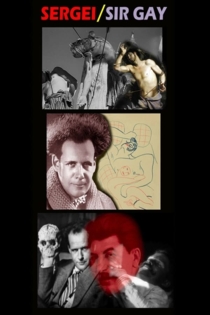
From the Journals of Jean Seberg
Mark Rappaport
Jean Seberg, Mary Beth Hurt
Mark Rappaport's creative bio-pic about actress Jean Seberg is presented in a first-person, autobiographical format. He seamlessly interweaves cinema, politics, American society and culture, and film theory to inform, entertain, and move the viewer. Seberg's many marriages, as well as her film roles, are discussed extensively. Her involvement with the Black Panther Movement and subsequent investigation by the FBI is covered. Notably, details of French New Wave cinema, Russian Expressionist (silent) films, and the careers of Jane Fonda, Vanessa Redgrave, and Clint Eastwood are also intensively examined. Much of the film is based on conjecture, but Rappaport encourages viewers to re-examine their ideas about women in film with this thought-provoking picture.
From the Journals of Jean Seberg
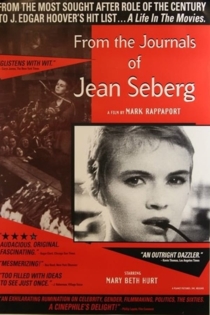
Conrad Veidt – My Life
Mark Rappaport
German actor Conrad Veidt is best remembered for playing Nazi Major Strasser in Casablanca. In reality, he was an ardent anti-fascist who left Nazi Germany for Britain, falsely claiming to be Jewish in solidarity with his Jewish wife. Using clips from Veidt’s films, acclaimed director Mark Rappaport imagines the actor narrating his life and career from the silent era—including his leading roles in The Cabinet of Dr. Caligari and The Man Who Laughs through to his Hollywood years where he often played a Nazi.
Conrad Veidt: My Life
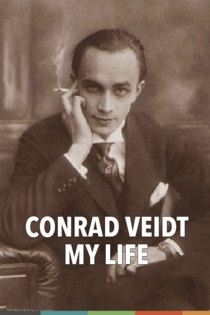
Becoming Anita Ekberg
Mark Rappaport
Anita Ekberg
BECOMING ANITA EKBERG is an exploration of how the construct of "Anita Ekberg" became an internationally famous sex goddess as a result of the careful cultivation of her image in various movies, both in Hollywood, by Frank Tashlin, and in Europe, by Federico Fellini. It's an exploration of the texts and subtexts of commercial films and the subterranean and complicated ways that they affect us and can be read.
Becoming Anita Ekberg
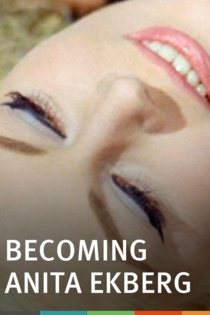
Mozart in Love
Mark Rappaport
Rich LaBonte, Margot Breier
An irreverent take on Mozart's relations with the three Weber sisters: Louisa, whom he loved, but who didn't love him; Constanza, whom he loved and married; and Sophie, who loved him but whom he didn't love. An anthology of arias from Mozart's operas, in which art comments on life through a cheeky use of back-projection and miming to records.
Mozart in Love
